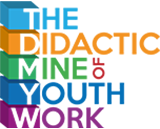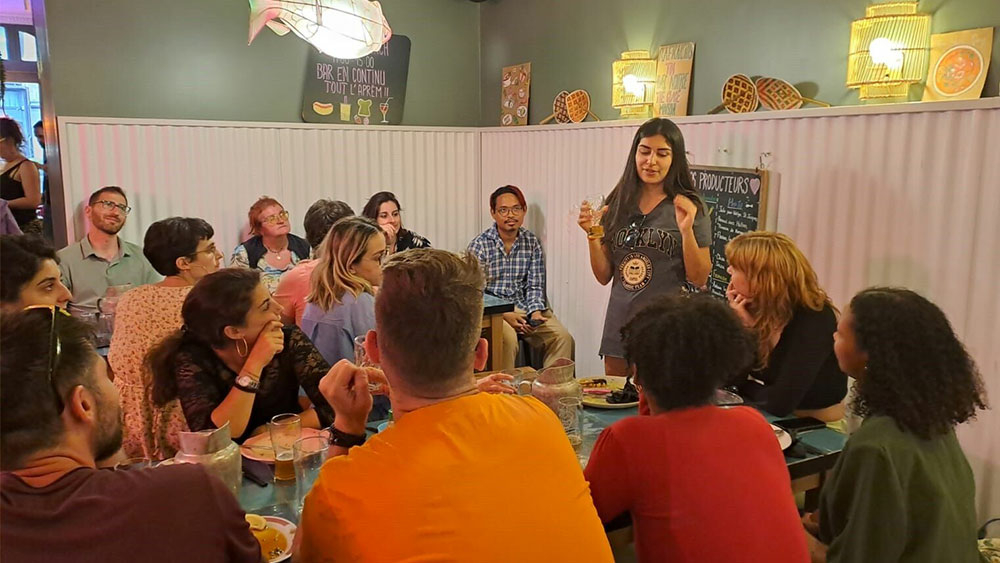As an advocate for positive change and youth empowerment, I embarked on a transformative journey through the training course in social entrepreneurship. My collaboration with the Comune di Cinisello Balsamo was not merely a professional endeavor but a shared commitment to equipping young minds with the tools to drive impactful change. My dedication to youth development and social entrepreneurship found a natural alliance with the goals of the municipality. Having been actively engaged in initiatives promoting positive change, the decision to partake in this training course was a strategic step to enhance my ability to contribute meaningfully to equipping other people with transformative skills.
Before diving into the course, my understanding of social entrepreneurship, particularly in this context, leaned towards a charitable paradigm. I was in a state of profound unfamiliarity, poised at the threshold of a vast ocean of knowledge yet to be explored. The course, however, served as an intellectual and practical catalyst, broadening my comprehension of social entrepreneurship’s implications. Comparing my knowledge before and after the course reflects a substantive shift. The theories acquired during the training seamlessly integrate into practical applications, fostering a comprehensive understanding of social entrepreneurship’s implications within and beyond the domain of youth work. Active involvement in participant selection ensured a diverse and committed group, sharing a genuine interest on these matters. Logistical preparations, including venue arrangements and resource acquisition, were undertaken diligently by François, Fabrice and all the local youth workers, recognizing the importance of creating an environment positive to effective learning and testing.
As both a participant and an observer in the training process, the testing phase emerged as a dynamic crucible of theoretical understanding and real-world application. The level of participation exhibited by everyone was impressive, reflecting a shared eagerness to apply the acquired knowledge in practical scenarios.
The training materials played a pivotal role in guiding participants, myself included, through the intricacies of social entrepreneurship. Their usefulness lay not only in conveying theoretical concepts but in providing a tangible roadmap for navigating challenges. The testing phase, therefore, served as a critical bridge between theory and application, offering valuable insights into the adaptability and effectiveness of the games. Unfortunately, for certain parts, these training materials were in a state of ongoing development so there was a necessity for adaptive improvisation to navigate certain aspects of the games or getting to make its primary objectives understood.
Challenges encountered during the testing phase were perceived not as roadblocks but as opportunities for growth. The testing phase underscored the importance of experiential learning, allowing participants to navigate uncertainties, make informed decisions, and most of the times witness the tangible impact of their efforts.
The only downside of the entire testing process was the occasional inability to consistently establish a harmonious alignment between the gameplay and the assimilation of its pedagogical objective. This problem arose either from an intrinsic deficiency in the correlation between certain challenges and the educational goals, or due to constraints on the available time for thoughtful reflection on the matter.
I was new to this type of experience, but this comprehensive training has undoubtedly imparted me with knowledge on certain essential concepts; more than anything, it has persuaded me that non-formal education constitutes a highly efficacious method for comprehensively understanding intricate and complex organizational structures and operations.
Antonio Milione
Municipality of Cinisello Balsamo

